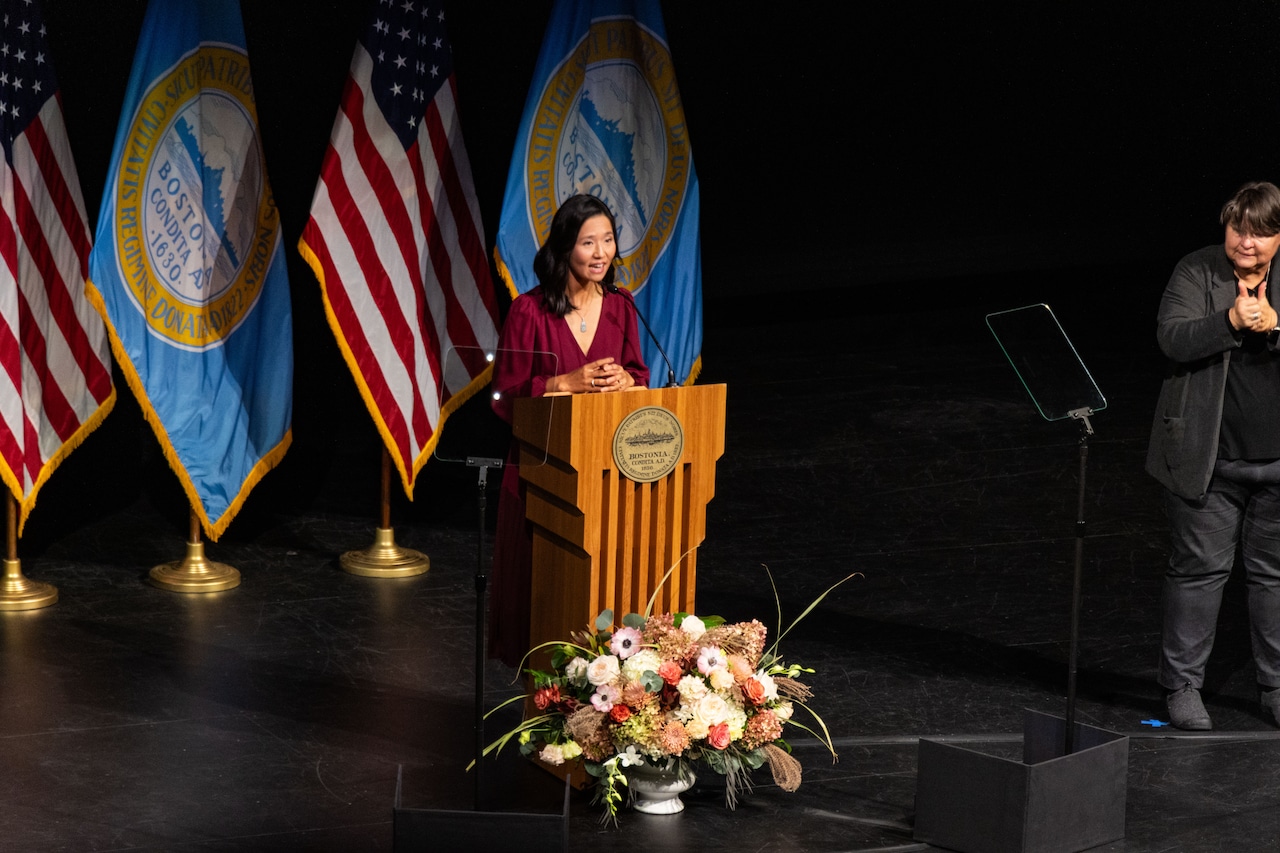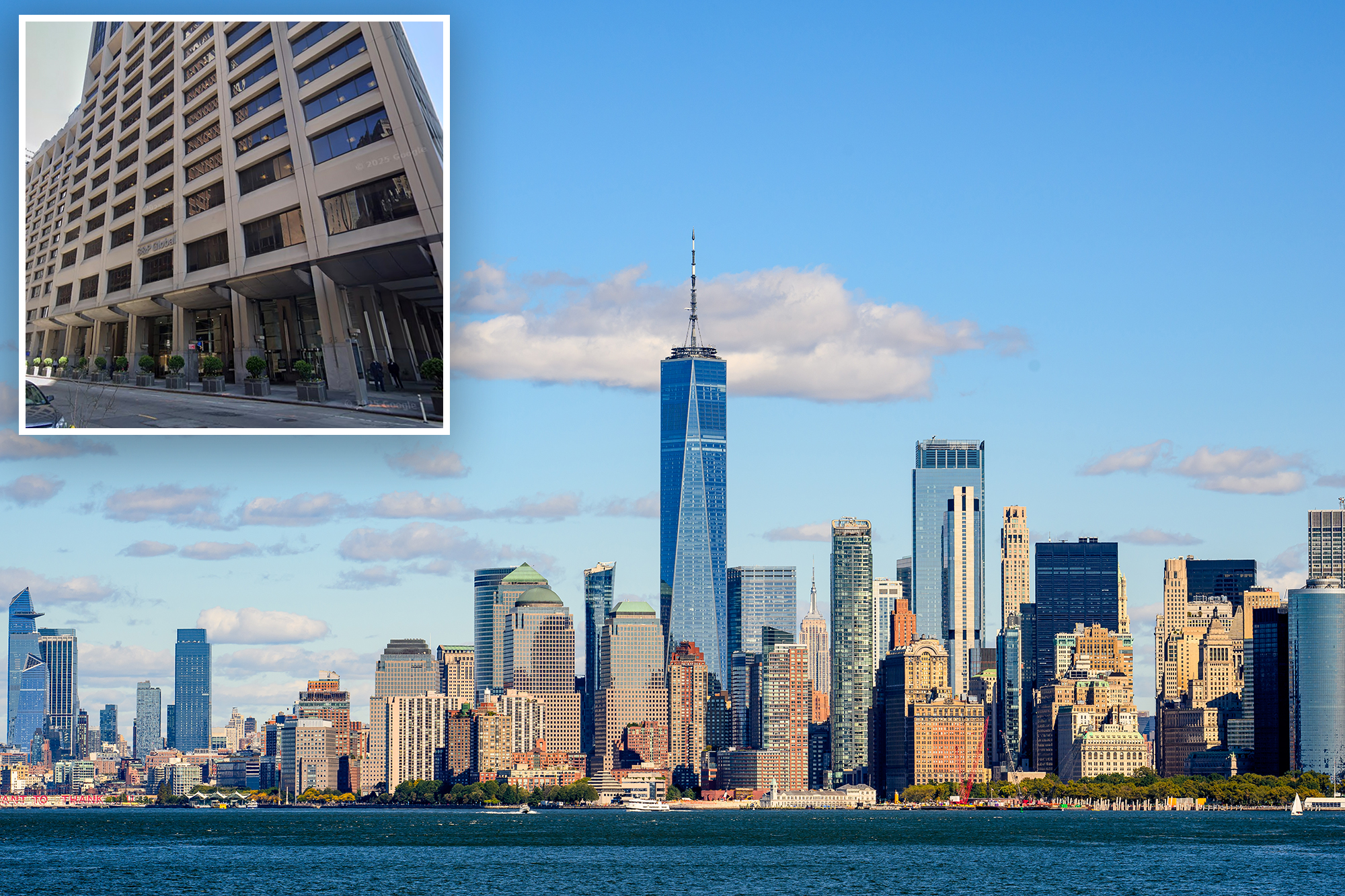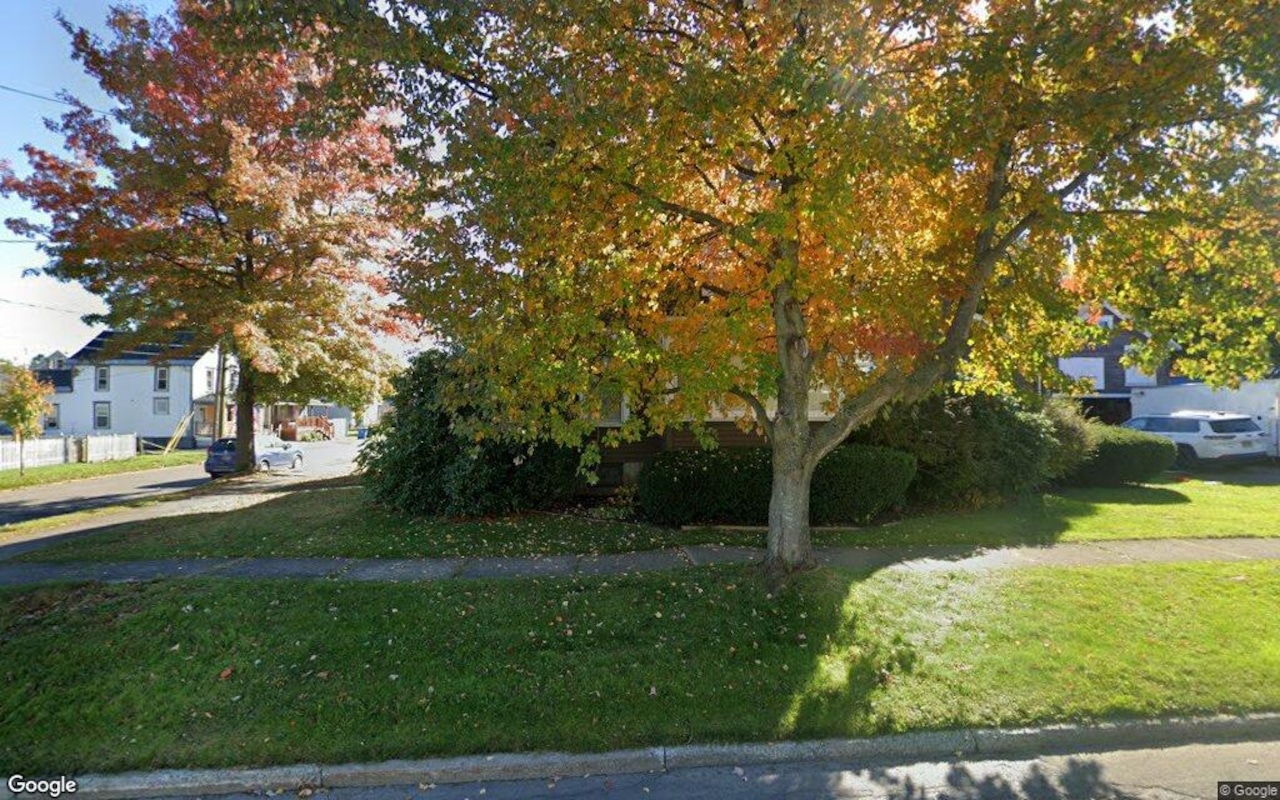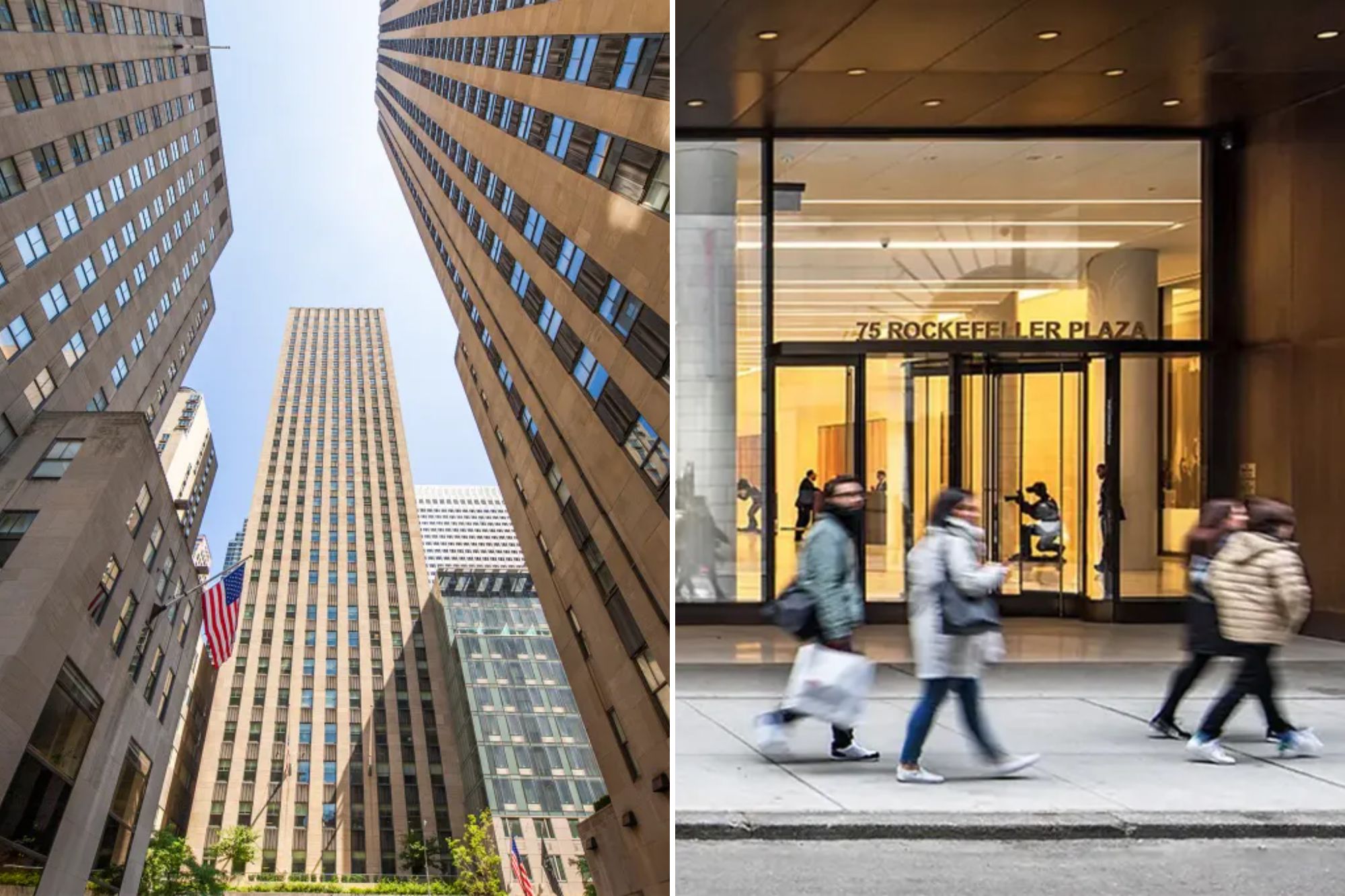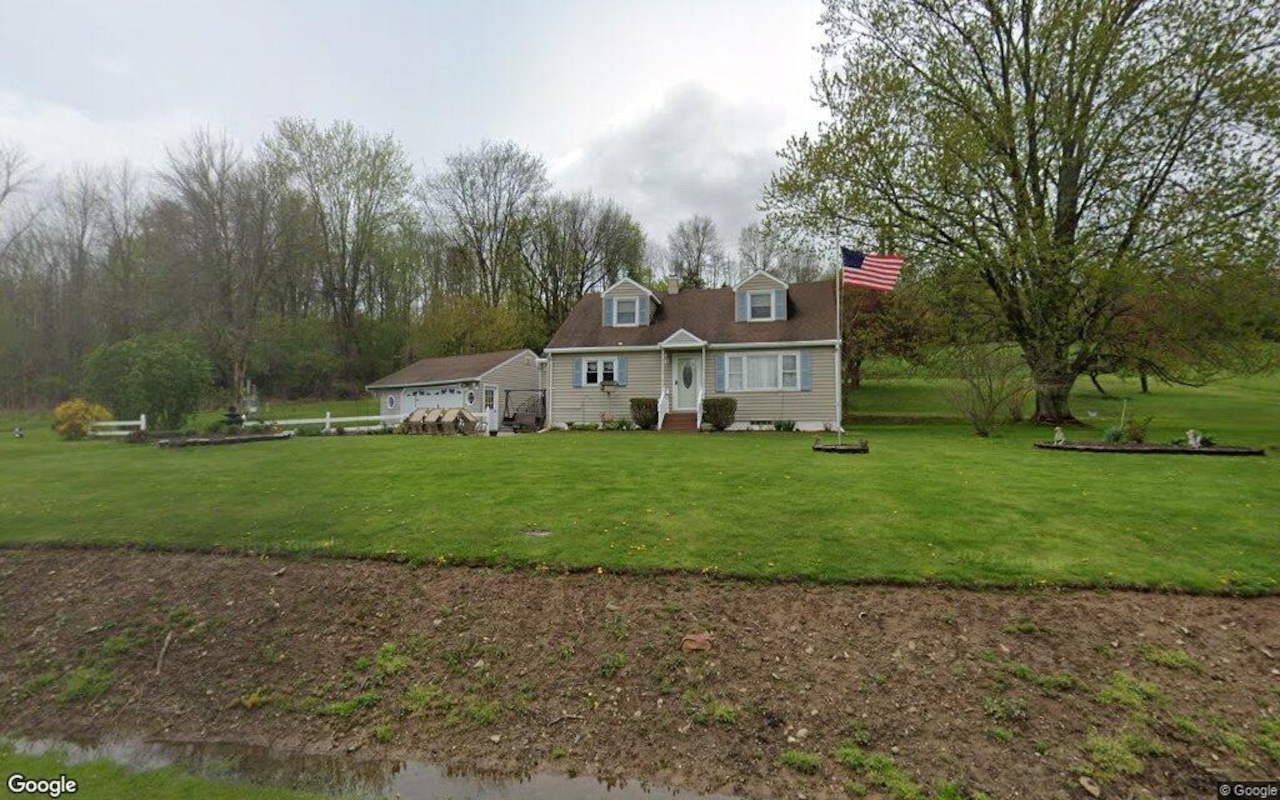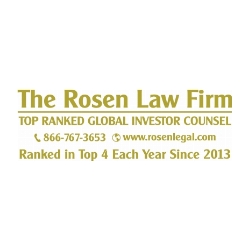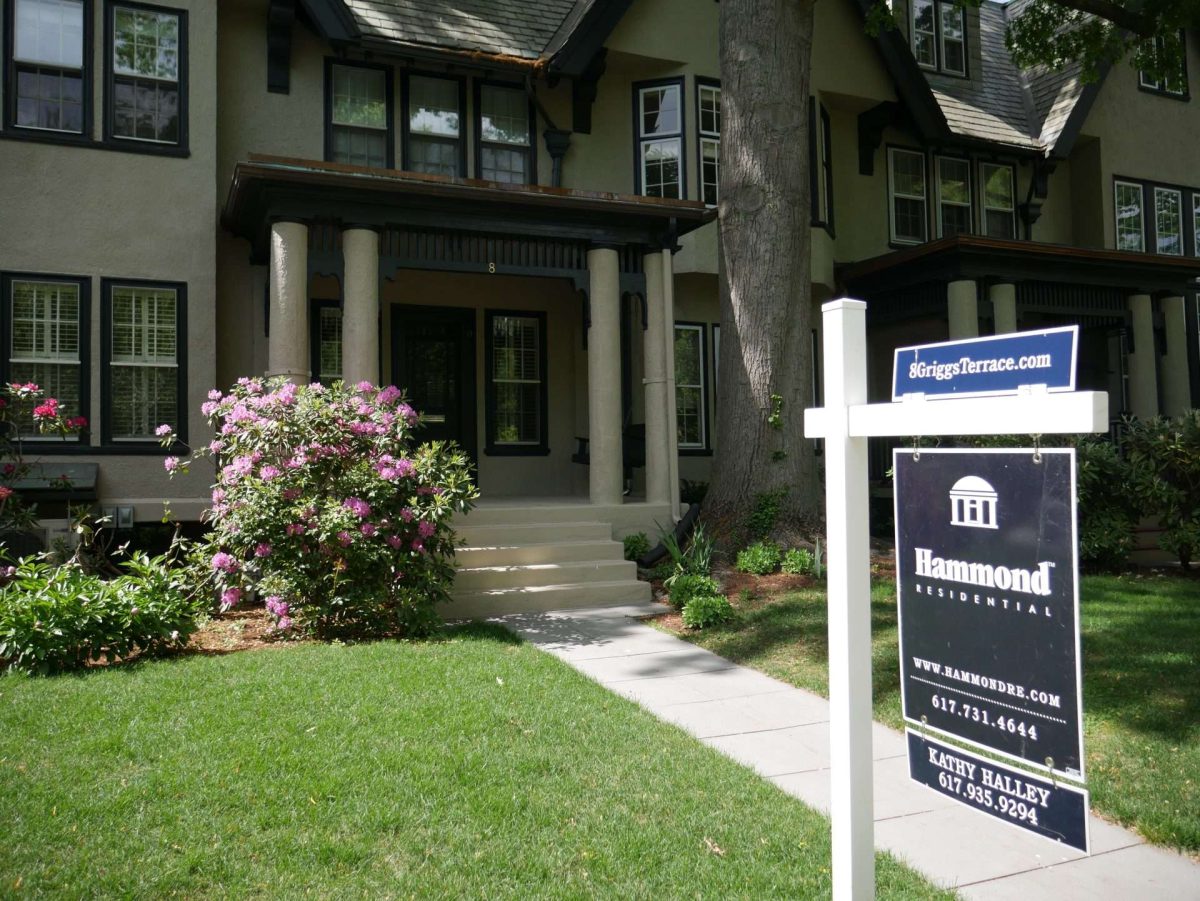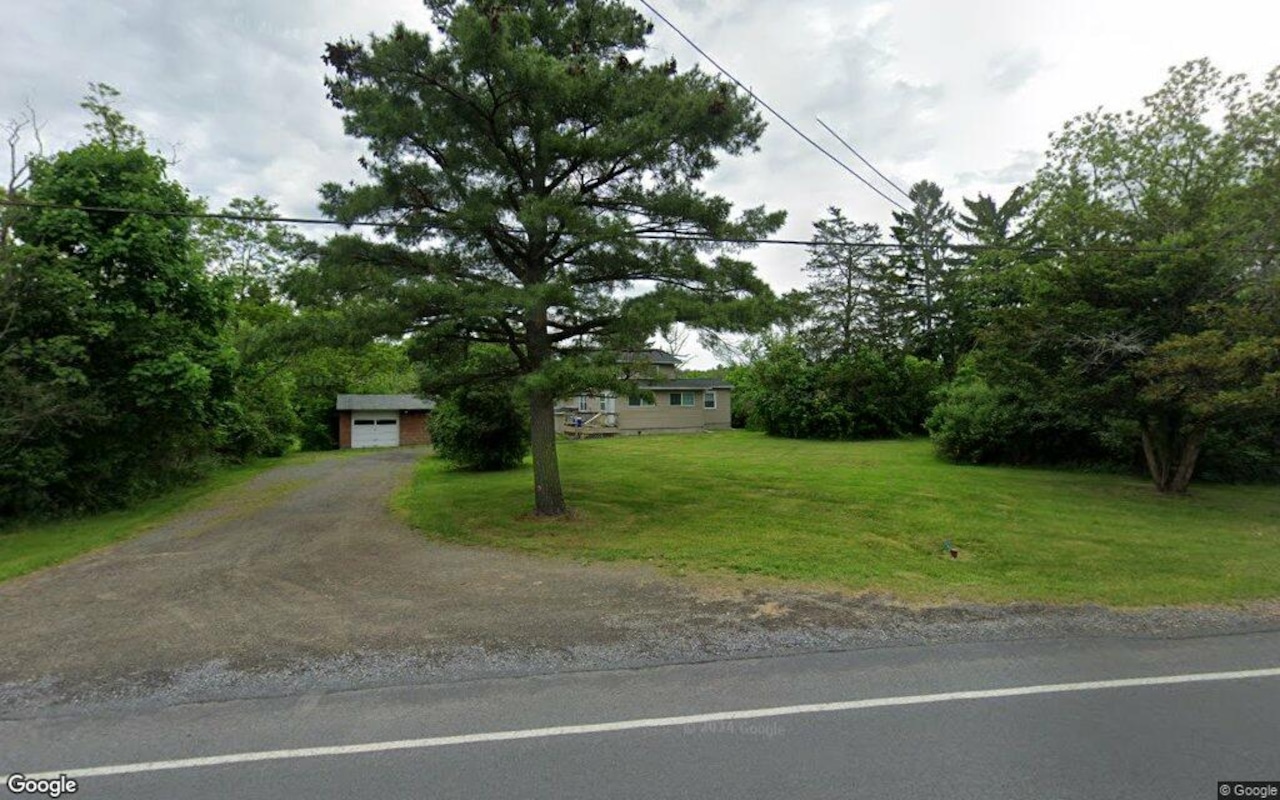B
oston Mayor Michelle Wu is poised to win a second term on Tuesday, a result that many in the city’s real estate sector had not anticipated. Developers and landlords clash with her on a range of matters: mandating affordable‑housing contributions for large projects, stricter green‑building codes, commercial tax rates, a rent‑control proposal, and a shift of property‑tax responsibility from residential to commercial properties.
“That’s a long list. Even one of those points would raise serious concerns,” said Tamara Small, chief executive of NAIOP Massachusetts. “When investors hear about these policies, they worry about the impact on global investment.”
Despite the opposition, Wu enjoys broad public support, holding a 66 % approval rating in September per Emerson College. She gained national attention in March defending Boston’s sanctuary‑city stance and has inspired progressive leaders in other major cities, such as New York’s likely next mayor, Zohran Mamdani.
Josh Kraft, Wu’s main rival, withdrew in September after securing only 23 % of the preliminary vote, yet he still attracted significant backing from the real‑estate community. Executives from Consigli Construction, Cushman & Wakefield, JLL, City Realty, McCourt Construction, Delaware North, and others gave him the maximum $1,000 contribution. Luxury‑home brokers and CEOs of New Balance, Wayfair, Liberty Mutual, DraftKings, and Eastern Bank also donated. Wu received similar top‑tier donations from Samuels & Associates, Cranshaw Construction, and National Development.
Kraft’s candidacy was notable for the high‑profile support he received, including a donation from Shari Redstone, a Massachusetts native and former Paramount chairwoman. Although a newcomer, his family name and connections helped him secure funds.
The Builder Coalition’s executive director, Dave Madan, praised Wu’s “Welcome Home Boston” initiative, which began in 2023 with a dozen Dorchester properties and leveraged $58 million in federal pandemic aid to build affordable homes. A second phase doubled the number of units, and more are planned. Madan described the program as bold, practical, and supportive of emerging developers building on city‑owned land.
Wu’s office highlighted her first‑term achievements: increased affordable‑housing construction, streamlined permitting, and first‑time‑homebuyer programs. A spokesperson said, “As families face rising pressures from federal policies, we will continue to build on our progress to make Boston a home for everyone. We’ll keep working with partners to ensure Boston remains the safest major city and the best place to raise a family, run a business, and make a difference.”
Wu is not the first mayor to face business‑community backlash. Thomas Menino, her mentor, was known for favoring developers. His successor, Marty Walsh, raised the city’s “linkage fees” for commercial developers in early 2021, just before resigning to become the federal labor secretary. However, many of the construction slowdown’s causes lie outside Wu’s control. Her predecessors dealt with federal disputes over universities and cuts to NIH research funding, and she was not responsible for the unfilled lab‑space inventory or tariffs affecting all industries.
Harvard economist Edward Glaeser, who taught Wu, praised her economic acumen and pragmatism. He noted that the recent slowdown in Boston’s growth stems from external factors: federal research cuts affecting Harvard Medical School and Massachusetts General Hospital, a Trump‑era push to alter university hiring and teaching, and the pandemic itself. “It’s unfair to blame any particular leader,” Glaeser said. “It’s been a six‑year process, not just in Boston but across the region, of building.”
Housing construction has fallen sharply. In the first eight months of 2022, Boston approved over 3,300 units; the same period this year saw fewer than 1,700. The trend is statewide, with governors’ efforts hampered by high land and labor costs and NIMBY attitudes. Wu has introduced a new downtown zoning plan to encourage mixed‑use development and offers incentives for office‑to‑residential conversions. She also raised new‑project fees to fund affordable housing beyond the levels set by Walsh, aiming to create more family‑friendly neighborhoods.
Despite the decline in permits, Wu’s office claims that the number of affordable units built or under construction in the first three and a half years of her term exceeds any comparable period in the past 25 years. Yet Boston has ceded its status as the region’s growth hub. RentCafe reported in September that Everett approved more apartments this year than Boston. “More developers simply cannot make it work in Boston,” Small said.
The upcoming city council elections could shape Wu’s next term. A councilor has proposed higher property taxes on large apartments to aid homeowners, while a new law prioritizes converting city property into affordable homes. Meanwhile, Trump’s threat to relocate World Cup games over “unsafe conditions” adds another layer of uncertainty for the city’s future.
If you purchase a product or register for an account through a link on our site, we may receive compensation. By using this site, you consent to our User Agreement and agree that your clicks, interactions, and personal information may be collected, recorded, and/or stored by us and third‑party partners in accordance with our Privacy Policy.
